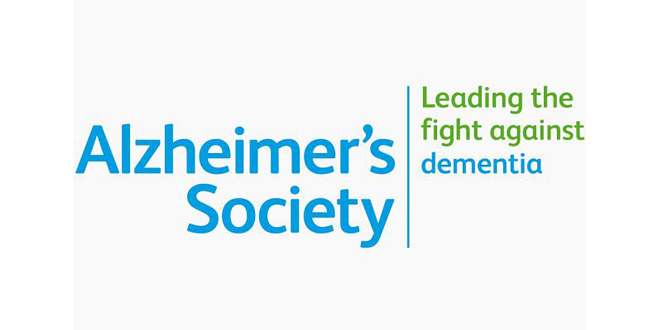Blocking Brain Inflammation Could Lead To New Treatments For Alzheimer’s Disease
 A study, published today (Friday 8 January) in the journal Brain, has found that blocking a receptor in the brain responsible for regulating immune cells could protect against some of the memory and behaviour changes seen in Alzheimer’s disease. This study adds to evidence that inflammation in the brain is involved in the development of the disease and suggests that by reducing this inflammation, progression of the disease may be halted.
A study, published today (Friday 8 January) in the journal Brain, has found that blocking a receptor in the brain responsible for regulating immune cells could protect against some of the memory and behaviour changes seen in Alzheimer’s disease. This study adds to evidence that inflammation in the brain is involved in the development of the disease and suggests that by reducing this inflammation, progression of the disease may be halted.
Researchers at the University of Southampton used post-mortem brain tissue samples to show that the numbers of an immune cell, called microglia, increase in the brains of people with Alzheimer’s disease relative to healthy brains. Using mice that develop features of Alzheimer’s disease, the researchers blocked the production of microglia in the brain and were able to reduce the development of memory problems. Mice were fed a drug that blocks a receptor called CSF1R, which is responsible for regulating microglia.
Dr Doug Brown, Director of Research at Alzheimer’s Society, said:
“We know brain inflammation occurs in Alzheimer’s disease, but researchers are still working out what impact this has on the progression of the disease.
“This study shows that the production of new immune cells in the Alzheimer’s brain contributes to the development of memory impairments – and that by blocking this immune reaction memory loss can be reduced. It’s encouraging to see that these new findings are already being taken forward to see whether they can help in the development of new dementia treatments.
“With an ageing population and no new dementia drugs in over a decade, the need to find treatments that can slow or stop disease progression is greater than ever. Although dementia research is still desperately underfunded, increased commitments from government and charities are boosting UK research efforts and contributing to faster global progress towards a much needed cure.”






